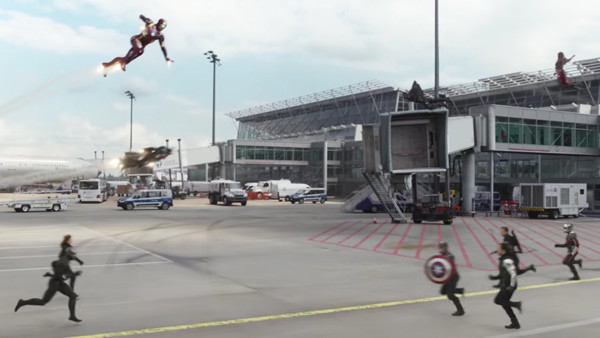The Disturbing Truth Behind Marvel's Civil War
Conclusion: Great For The Movies, Bad For The Comics

This may be the big difference in approach between Marvel and the Distinguished Competition. A lot has been said about how Warner Bros. are rushing the DC Extended Universe, using what was once Man Of Steel 2 to do in one movie what Marvel carefully did over a period of years, but this comic seeding reveals even more to it.
DC Comics is still wrestling with a continuity issue that has existed since the fifties, entering into their second line-wide rebrand of the decade, and most of their creative choices are made totally independent of what's going on in the cinematic side. In fact, it seems to hurt it; the constant rebooting back to an original status quo pushes the classic versions of Batman, Superman, Aquaman et al in the public consciousness, something that's in stark contrast to what we're getting in the movies.
It will likely be revealed in Captain America: Civil War that the conflict between Team Cap and Team Iron Man is really being orchestrated as part of a bigger scheme by some meddling force, probably Daniel Brühl's Baron Zemo. But that sort of behind-the-scenes manipulation has nothing on what Marvel appears to have pulled over the last decade, carefully conditioning the audience to accept their B-, C- and D-List heroes as masthead names and turning the comics from a primary form of revenue to groundwork for future cinematic events. And now they may not even need that - Guardians Of The Galaxy was a smash hit care of the Marvel name alone, with next to no comic grounding needed.
If your a fan of the comics, this is likely very annoying, creating a fear over investment in these characters lest they're suddenly changed to better fit the direction of the movies.
If you like comic book movies, however, well, it's a great time to be a fan.
What do you think? Was Civil War Marvel laying groundwork for the MCU, or is it just a sequence of random events that has led us here? Have your say down in the comments.